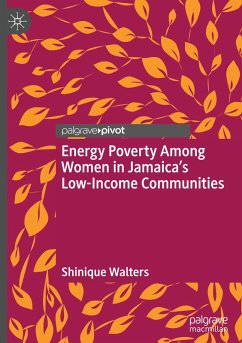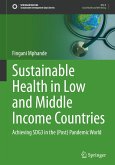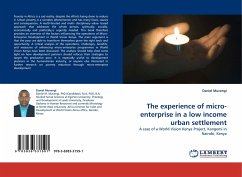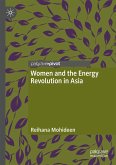This Palgrave Pivot investigates energy poverty in Jamaica, which is a growing problem that affects the mental, physical, and financial health of individuals, families, and communities, and its specific impact on women. Using quantitative and qualitative methods, this study demonstrates the shared relationship between energy development and economic development. It argues that the development of the energy sector has not been a gender-neutral process and has evolved and transitioned within the context of the global political economy, which has been irrevocably shaped and impacted by the lack of government regulation, an increase in efforts at privatization, and the effects of liberalization in terms of the development. Specifically, it shows that more often than not women bear the burden of sourcing, collecting, and using energy for household activities, agriculture, and income-generating tasks. As such, women are affected by energy poverty in many ways, including but not limited to time burdens and drudgery, health issues and physical burdens, as well as the issues that arise due to restrictions on information. This book will be of interest to students and scholars in gender studies, global development, economics, and politics, as well as policymakers and activists dedicated to gender equality and energy justice.
Bitte wählen Sie Ihr Anliegen aus.
Rechnungen
Retourenschein anfordern
Bestellstatus
Storno








